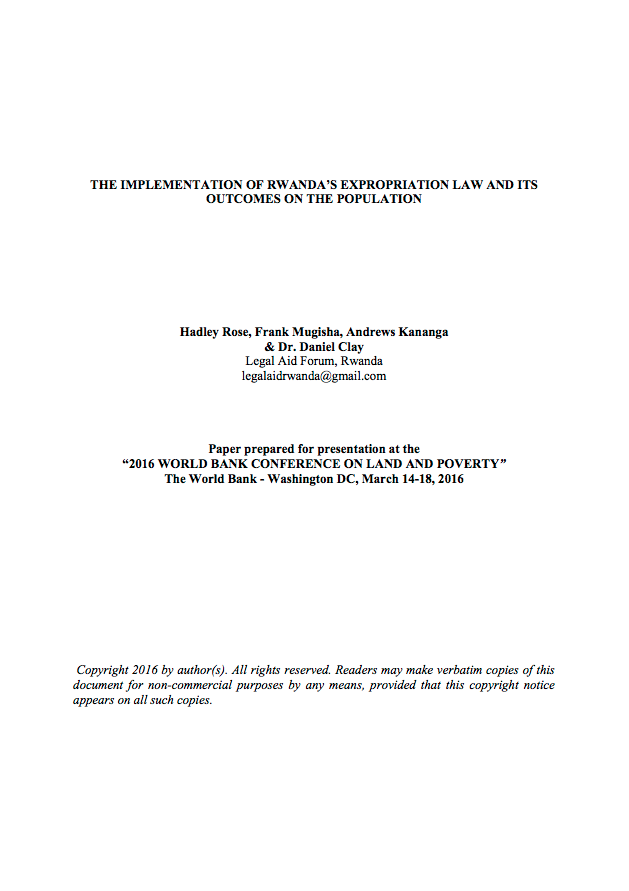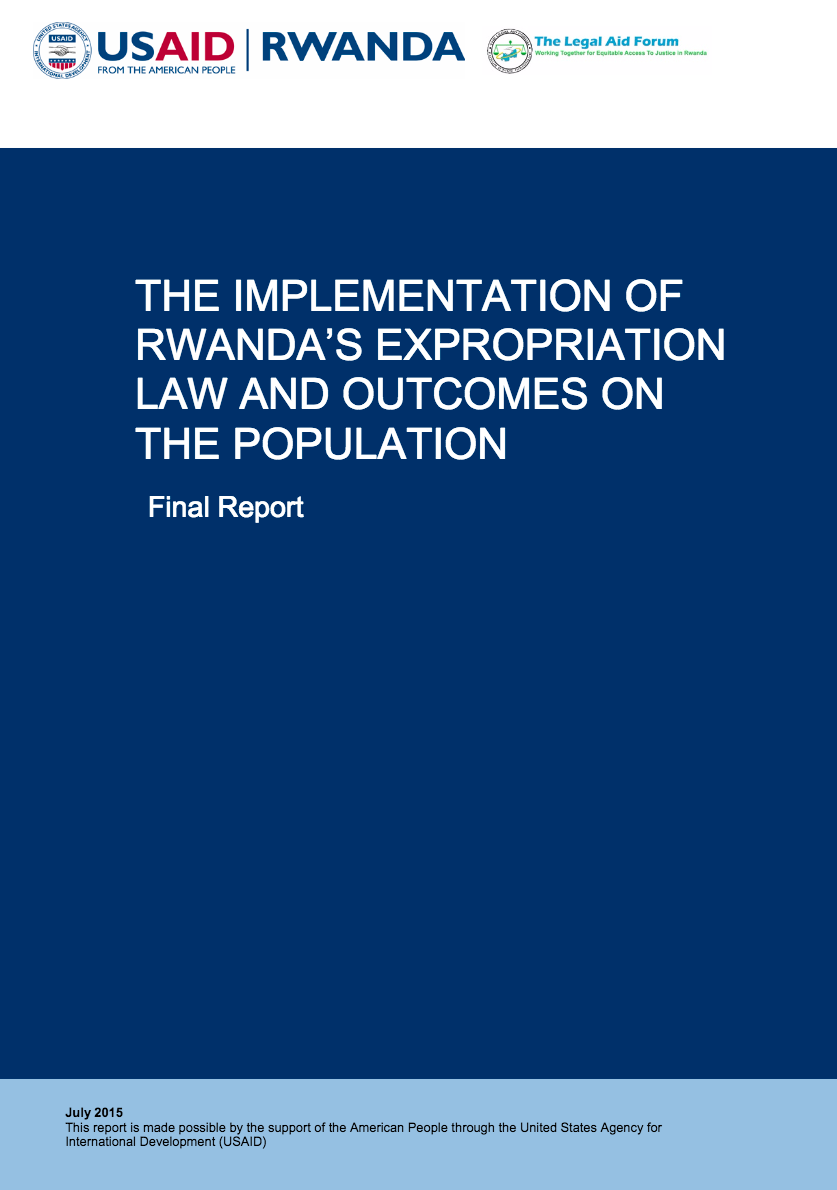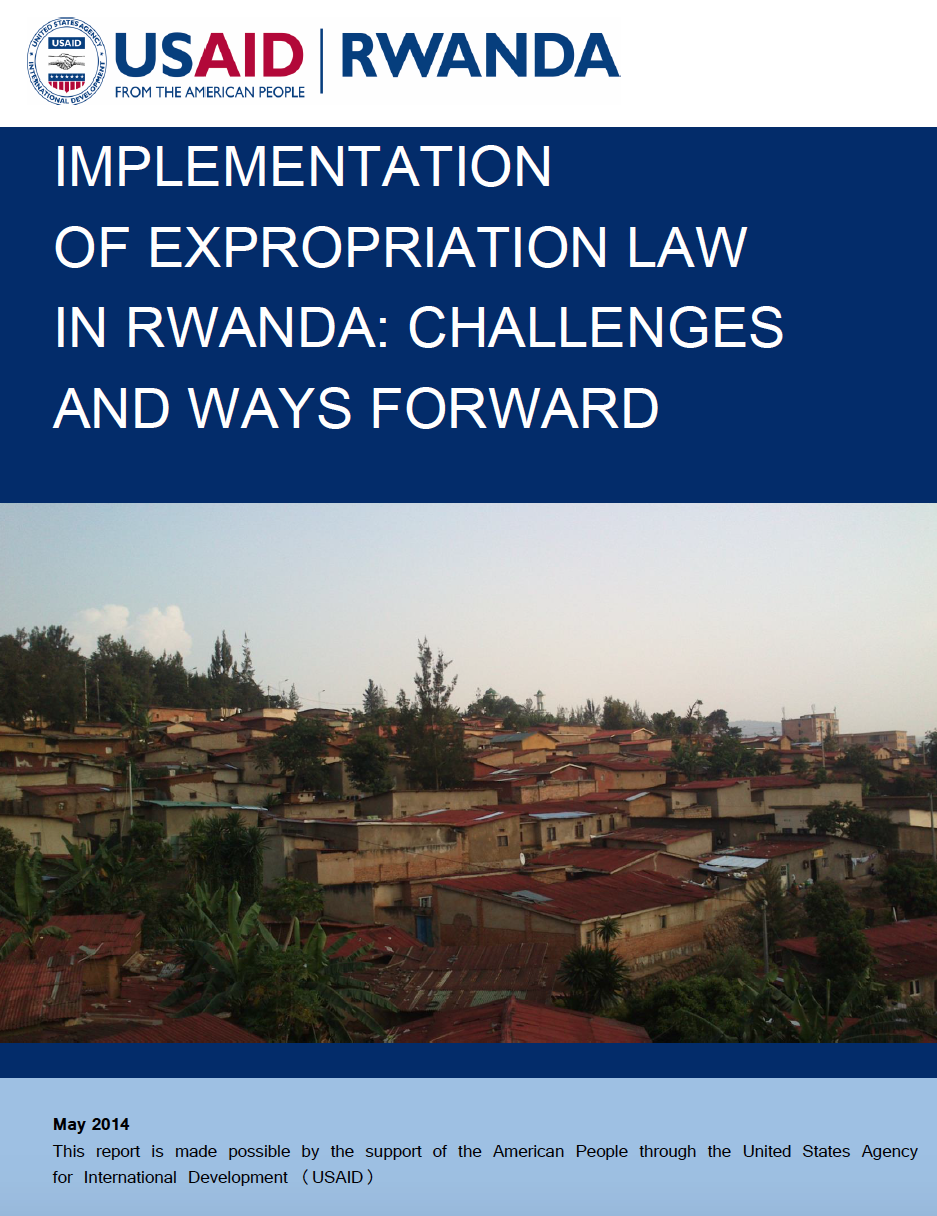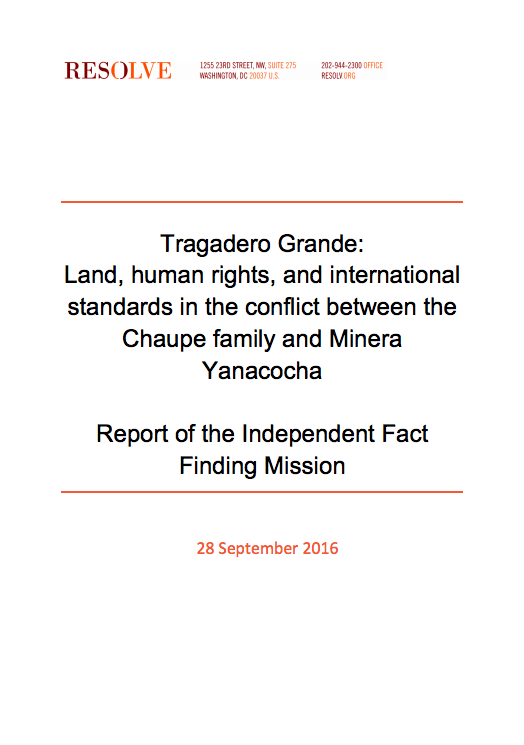Property Rights Institutions and Investment
This paper examines the channels through
which alternative property rights institutions affect
investment. These institutions are defined by a
society's enforced laws, regulations, governance
mechanisms and norms concerning the use of resources. A
transaction cost framework is used to analyze the incentive
impact of various types of property rights, liability rules,
and rules regarding contracts. This framework is used to







